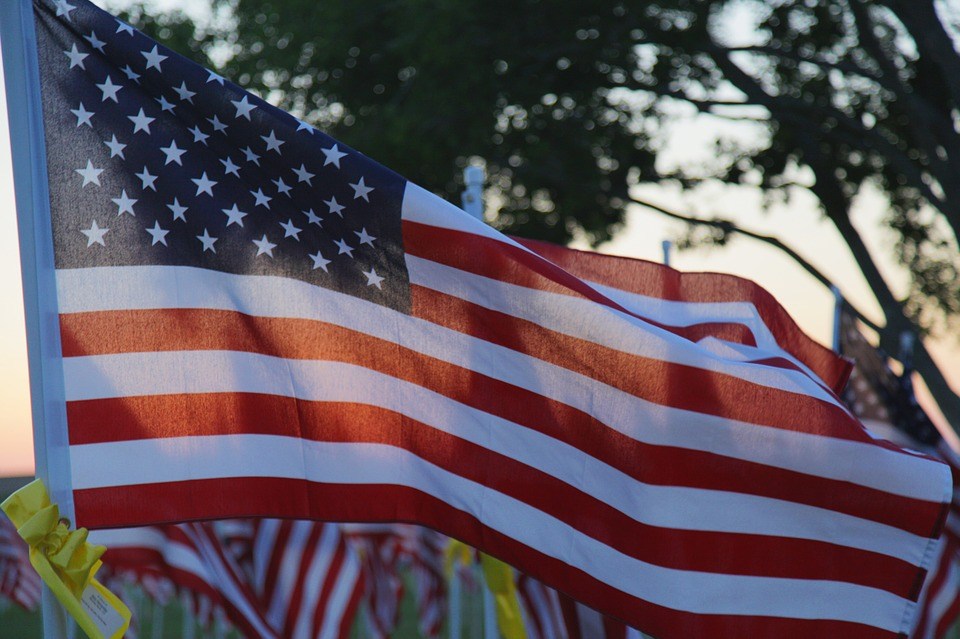Veterans in the United States have been struggling for years to obtain proper medication and therapy to allow them to live productive lives
Like anyone, veterans want ideally to avoid addiction to powerful painkiller and anxiety medications, and still treat medical issues like post-traumatic stress disorder (PTSD), TBI, anxiety, and chronic pain.
Organizations like the Global Post-traumatic Stress Injury Foundation, the Veterans Cannabis Group, Grow for Vets, and Veterans for Medical Cannabis Access have been pushing for fair medical cannabis legislation, and employment opportunities for veterans. Organizations such as Iron Protection Group have skyrocketed in places like Denver, Colorado, Los Angeles, and California, where the medical cannabis industry has had roots for a decade.
The purpose of veterans’ cannabis organizations often differs; some are focused on providing employment opportunities for veterans transitioning to civilian life, and some are focused only on the fight for veterans medical cannabis rights at the state level and federally. The federal fight has been a combination of issues with the federal government’s view of medical cannabis and the Department of Veterans Affairs’ standard procedures, but a major victory has recently been won.
Veterans & Medical Cannabis at the U.S. State Level
As with recreational cannabis, medical cannabis is currently allowed in the U.S. at the discretion of individual state governments, whose constituents vote in legal medical cannabis when elections roll around. The National Conference of State Legislatures keeps the definitive U.S. list of which states have legalized medical cannabis, but not all of them allow treatment of PTSD, traumatic brain injury (TBI), or other issues that face veterans. Of the United States and its territories, 32 now allow medical cannabis consumption. Of those, the following states now allow medical cannabis for people with PTSD (including but not limited to veterans):
- Arizona
- Arkansas
- California
- Colorado
- Connecticut
- Delaware
- Florida
- Illinois
- Maine
- Maryland
- Michigan
- Minnesota
- Montana
- Nevada
- New Hampshire
- New Jersey
- New Mexico
- New York
- North Dakota
- Ohio
- Oregon
- Pennsylvania
- Vermont
- Washington
- West Virginia
Currently, only Illinois, New Hampshire, Ohio, and Washington allow medical cannabis to be used for traumatic brain injury (TBI), which has affected at least 361,092 military service members since the first diagnosis in 2000.
Veterans & Medical Cannabis at the U.S. Federal Level
Federally, medical cannabis and any form of cannabis in the United States is illegal, unless it is supplied to researchers by application through the government. The Controlled Substances Act (CSA) expressly forbids use, possession, or sale of cannabis across the nation and its territories, but the Obama government allowed states to make their own laws regarding cannabis without heavy federal interference. As a result, over half of all U.S. states and territories have made medical cannabis legal over the past two decades.
Because veterans are so closely associated, funded, and provided with medical care by the federal government, the differing laws between it and the states has caused problems for veterans seeking alternatives to heavy medications like opioids. Almost every state with medical cannabis laws allows treatment of chronic pain, but for veterans the restrictive federal laws and the military restrictions placed on treatments through the Department of Veterans Affairs, state laws are not enough.
Understanding the New Federal Veterans’ Cannabis Amendment
Happily, and after much hard work from veterans and medical cannabis activists, the Veterans Health Administration released VHA Directive 2011-004 in 2012, which allows access to its clinical programs for patients who are participating in state-approve medical cannabis programs.
Additionally, the U.S. Senate Appropriations Committee has approved a new amendment that would finally allow military veterans to receive medical cannabis recommendations from their own physicians at the Department of Veterans Affairs. The cooperation of the VA is the key component that veterans need to continue with VA medical care and support while still being able to consume medical cannabis under state law. Studies on medical cannabis’ effects on veterans’ maladies have increased over the past decade, and researchers have found that it can be an effective alternative to highly addictive painkiller prescriptions and difficult side effects.
The new amendment is a step in the right direction, and increasing support for medical cannabis treatments for veterans across the United States should result in a Congressional coup for veterans everywhere.
[Image credit- Pixabay]






